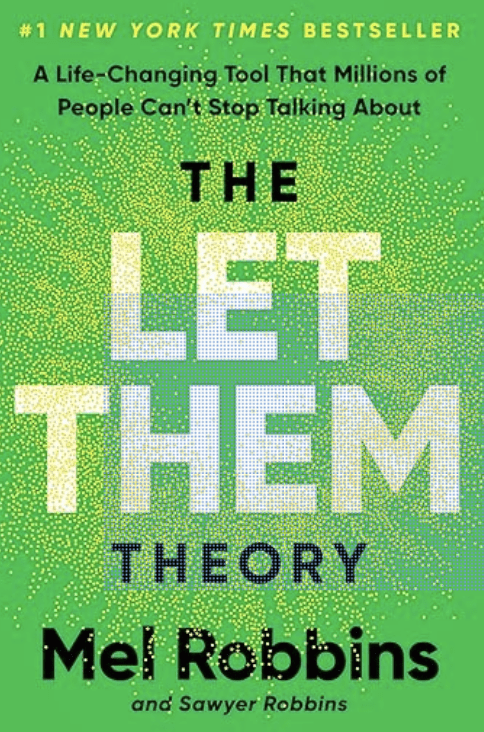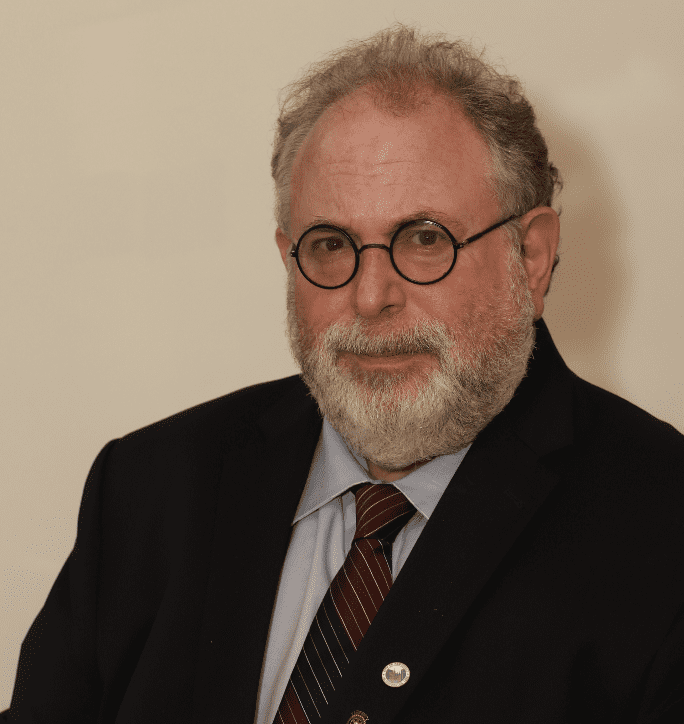Search Posts
Recent Posts
- Rhode Island Weather for June 18, 2025 – Jack Donnelly June 18, 2025
- Johnson & Wales University names Joseph Greene, Providence campus president, to lead major new initiatives June 18, 2025
- To Do in RI: Hospitality employees and Newport Co. residents welcome at free Newport attractions June 18, 2025
- Time for Sour Grapes – June 18, 2025 – with Tim Jones June 18, 2025
- It is what it is: Commentary, 6.18.25 – with Jen Brien June 18, 2025
Categories
Subscribe!
Thanks for subscribing! Please check your email for further instructions.

Tips on coping with the friendship recession – Herb Weiss
By Herb Weiss, contributing writer on aging issues
Photo, top: (l. to r.) Author Herb Weiss, Paul Audette (dec), and Len Lavoie, at Gregg’s, No. Main St.
In the midst of the global pandemic, the May 21 American Perspective Survey (APS) revealed a significant shift in how Americans experience and maintain friendships. The findings, dubbed the “friendship recession,” showed that Americans—especially adult men—reported having fewer close friendships than in the past, talked to their friends less often, and relied less on them for personal support.
According to APS data, the percentage of U.S. adults who report having no close friends has quadrupled to 12% since 1990. Meanwhile, the number of those with ten or more close friends has dropped nearly threefold. For decades, Americans consistently spent about 6.5 hours per week with friends, but between 2014 and 2019, that number dropped to just four hours weekly.
The U.S. Surgeon General’s 2023 report, Our Epidemic of Loneliness and Isolation, along an array of scientific research studies, confirmed that social isolation, loneliness, and difficulty forming or maintaining personal relationships take a toll on both mental and physical health—contributing to increased risks of depression, anxiety, heart disease, and even premature death.
Daniel Cox, director of the Survey Center on American Life, as well as media outlets such as The New York Times and scores of newspapers across the nation, Fox News, PBS, and online platforms, have helped to popularize the term “friendship recession” and raise awareness about its impact on society.
More recently, author and acclaimed podcaster Mel Robbins has brought this issue further into the cultural spotlight by connecting it to the everyday emotional struggles of adults trying to build and maintain meaningful friendships.
Robbins is a #1 New York Times best-selling author and a world-renowned expert on mindset, motivation, and behavior change, whose work has been translated into 50 languages. With millions of books sold, seven #1 Audible titles, and billions of video views.
Robbins, known for her TEDxSF talk “How to Stop Screwing Yourself Over,” and books such as The Let Them Theory, The 5 Second Rule, and The High 5 Habit, delves into the challenges of adult friendships in episode 262 of The Mel Robbins Podcast, which aired on February 10, 2025. titled Why Making Friends as an Adult Feels Impossible & What to Do About It.
The Challenge of Adult Friendships
Robbins observes that many adults feel lonely, isolated, or disconnected—frequently asking themselves, “Where did all my friends go?” She notes, “It does feel impossible to make adult friends.”
In the one-hour-and-seventeen-minute episode, Robbins introduces the concept of the “Great Scattering”—the period following college graduation when people begin pursuing different life paths, often relocating to other cities for work. Unlike childhood, where friendships are easily formed through school classrooms, on the sports field, or extracurriculars, adulthood lacks these built-in social environments.
According to Robbins, the friendship recession isn’t the result of personal shortcomings or antisocial tendencies, but rather the outcome of systemic factors. These include frequent relocations, job transitions, demanding work schedules, and prioritizing family life which can leave little time to nurture or form new friendships. As people age, increasing responsibilities further reduce the time available to build new social bonds.
Robbins also highlights a decline in church attendance, participation in social and civic clubs, and neighborhood gatherings reducing opportunities to meet potential friends. Meanwhile, she says that heavy reliance on social media and texting has further eroded face-to-face interactions, exacerbating the problem.
The Three Pillars of Friendship
Robbins outlines three key elements necessary for creating deep, lasting adult friendships:
1. Proximity: Physical closeness is essential for building bonds. Robbins cites an MIT study showing that proximity—how often you see or “bump into” someone—is the single most important factor in forming friendships. “To create great friendships, you’ve got to spend time with people,” she says.
2. Timing: Shared life stages and experiences—such as parenting, career demands, or health challenges—can support the growth of friendships. While workplace proximity might exist, friendships don’t always develop because “everybody’s all over the place and interested in different things,” Robbins explains.
3. Authenticity and Energy (the “Vibe”): Mutual energy or chemistry matters. “You either feel this thing with somebody or you don’t—and you can’t force it,” she says. “If the energy is off, it’s off.”
Building strong friendships takes time and effort, says Robbins. Research indicates that it takes about 50 hours of interaction to become casual friends, around 90 hours to become good friends, and more than 200 hours to become best friends.
She also encourages listeners to embrace her “Let Them Theory,” which promotes releasing control over others’ actions and focusing instead on your own responses. “This whole notion that you’ve got best friends for life—it’s a modern construct that actually sets us up to fail,” Robbins states. Adults, she says, must accept that people change, move on, and form new social circles. “Let them live their lives,” she advises. “Let them move, change, not invite you. Let them have a social life without you.”
Friendships may drift, and that’s okay. Robbins urges people not to take others’ actions personally and to focus instead on being the kind of friend they themselves would want.
Simple Tips for Making New Friends
“It’s on you to make time for friendships,” says Robbins. She offers several practical tips:
• Take initiative: Reach out with a simple message to reconnect or start a conversation.
• Be consistent: Regular interactions, even brief ones, help build trust and familiarity over time.
• Find common ground: Join clubs or groups aligned with your interests to meet like-minded individuals.
• Be open: Sharing personal experiences helps forge deeper bonds—but know that not every interaction will result in a lasting friendship, and that’s perfectly fine.
Robbins’ episode provides insight into why adult friendships can be difficult to maintain, along with tools to overcome these challenges. By following her strategies, individuals can counteract the effects of the friendship recession and cultivate meaningful connections.
To listen to Robbins’ podcast episode, Why Making Friends as an Adult Feels Impossible & What to Do About It, visit: https://www.melrobbins.com/podcasts/episode-262
The Mel Robbins Podcast releases two new episodes every Monday and Thursday, focusing on motivation, self-improvement, and overcoming obstacles—often grounded in Robbins’ personal experiences. To explore the full podcast library, now over 280 episodes, visit: www.melrobbins.com/podcast.

Robbins introduces The Let Them Theory, a book providing a groundbreaking approach to reclaiming your life by focusing on what you can control and releasing what you can’t – https://www.amazon.com/Let-Them-Theory-Life-Changing-Millions/dp/1401971369
___
To read more articles by Herb Weiss, go to: https://rinewstoday.com/herb-weiss/

Herb Weiss, LRI ‘12, is a Pawtucket-based writer who has covered aging, healthcare, and medical issues for over 45 years. To purchase his books, Taking Charge: Collected Stories on Aging Boldly and its two sequels, visit herbweiss.com.
To purchase his books, Taking Charge: Collected Stories on Aging Boldly and two sequels, compiling weekly published articles, go to herbweiss.com – or purchase from Amazon.


I feel the lack of Christian principles and moral habits hinder many friendships. Most of my friends now are the ones I have met since I changed churches. Most of my worldly friendships never bloomed as much as the connections I make through people I meet through church or those in those same circles.